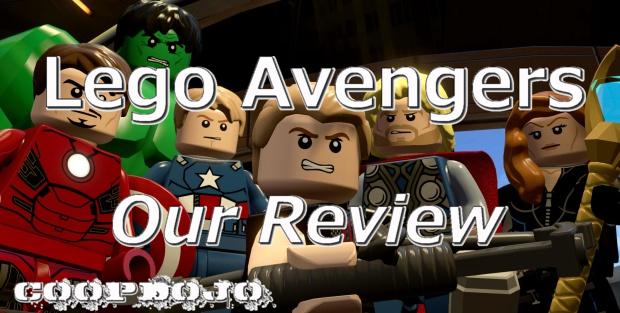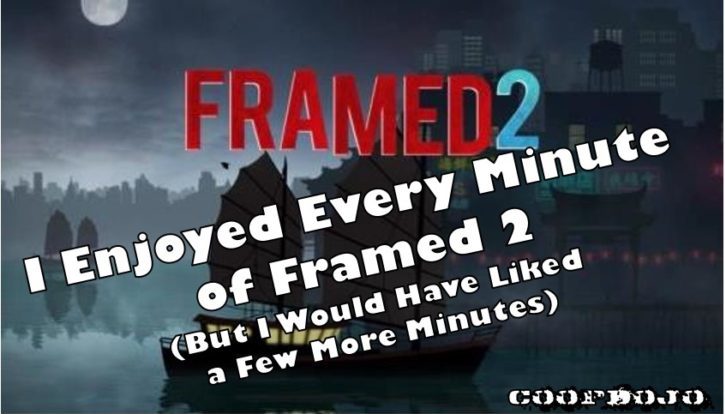
Grayout: Our Review
I’m in a hospital trying to communicate my hostility towards my captors. The words I want to say – a cutting retort to undermine their confidence – is clear in my mind. I can see the words in front of me but I can’t quite organize them into a sentence. There’s a sense of palpable frustration as I can’t quite get my brain to send the message to my mouth. It’s like trying to will a muscle to move. It’s like trying to wiggle your ears or flex a pectoral. Finally assembling my words into the cutting insult I’m looking for is gratifying but it doesn’t change my situation. I’m still trapped by hostile forces in a dangerous hospital with little hope of escape. Still, every agonizing sentence I manage to choke out feels like a victory.

I hope it’s not too much of a spoiler to tell you this hospital is more sinister that it seems.
Grayout is the spiritual follow up to Blackbar, a game we really enjoyed last year. Blackbar is a great game where you read letters with censored portions blacked out and fill in the blanks to complete the message. Grayout is a similar game taking place in the same totalitarian state. Here you play a hospital patient trying to communicate with the hospital employees and residents to find out what happened to you. The potential words to select from appear on the screen for you to organize into a thought. The context prompts you towards what to say but figuring out the exact combination of words can be tricky. It’s a simple gameplay mechanic that captures the feeling of language impairment really well. You’ll feel frustratingly helpless as you have the words you need in front of you but can’t quite put them in the necessary order.

Choose your words carefully. Fortunately, you have all the time in the world.
The only reason not to wholeheartedly endorse Grayout is the fact that some of the puzzles seem a little more arbitrary than others. Frustration sets in quickly when you spend a while trying to put together a sentence only to discover the game intended you to produce a one-sentence response. Figuring out exactly what the game wants you to say in a particular situation can feel like trying to read someone’s mind rather than solve a puzzle. There’s also the issue of replayability. Games like this generally don’t provide a second run through. Much like Blackbar, it seems like there’s a great opportunity here for multiple paths, but the game has one solution for each puzzle (as far as I know). Sometimes it’s a word, sometimes a phrase, and sometimes it’s just some syllables. Whatever it is, once you solved it, you solved it.

Every sentence you manage to form is a victory. Some victories are harder to win than others…
On the other hand, I have never had a game that made me feel quite like this one did. I felt sudden empathy for those suffering from head injuries or strokes that lead to language impairments. No other game has made me feel that before. Very few games every give you the experience of any kind of disability, let alone a cognitive impairment. Grayout provides a unique experience that sets this game apart from other titles and let me forgive the frustration that often surrounded some of the puzzle solving.

Hm, it’s on the tip of my tongue….
Here’s our verdict:
The Good
The writing is strong and really dark. The story is engaging and the game does a great deal with a very simple graphics. The experience this game captures is unlike anything I’ve experienced anywhere else.
The Bad
Some of the solutions seem very arbitrary. If you get stuck, there is no hint system to use, difficulty system to adjust, or side quest to pick up. You’ll figure it out, but it can take a while.
Our Verdict: Try It
If this sounds like your kind of experience (and if you liked Blackbar), then pick the game up. The emotional experience this game provides can be pretty profound. However, if you get frustrated easily and need replayability, this may not be the game for you.


